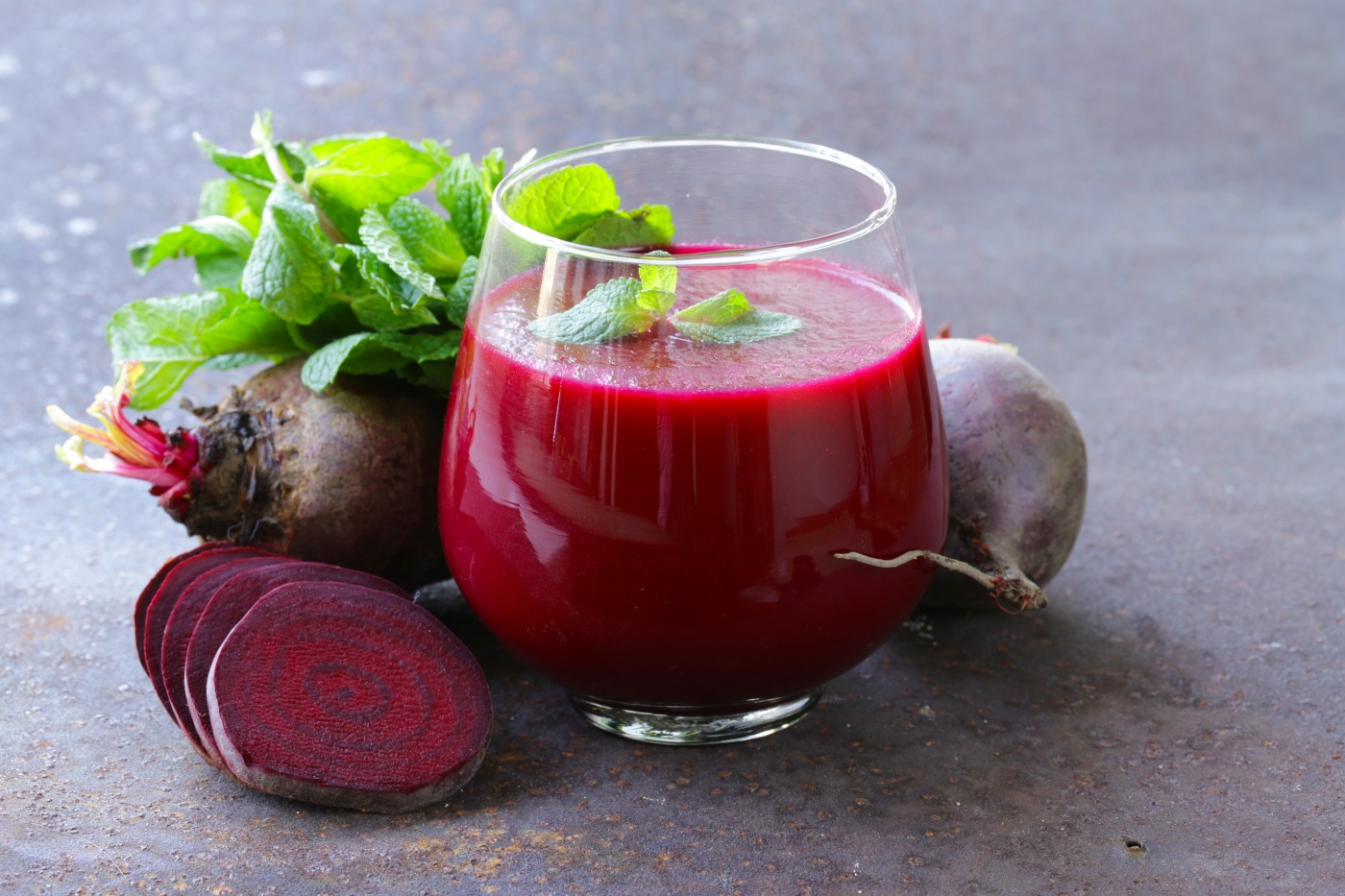A study recently published in the journal Circulation: Heart Failure, conducted by researchers at Washington University School of Medicine in St. Louis, revealed that drinking concentrated beet juice high in nitrates can increase muscle strength in patients with heart failure. The study is entitled “Acute Dietary Nitrate Intake Improves Muscle Contractile Function in Patients With Heart Failure, A Double-Blind, Placebo-Controlled, Randomized Trial”.
Heart failure is a serious condition that occurs when the heart is no longer able to pump blood efficiently. The condition is more likely to occur in individuals who are older, or have another heart condition, such as high blood pressure, previous heart attack or coronary artery disease. Patients may experience a shortness of breath, persistent coughing, heart palpitations, swelling or weight gain, fatigue, memory loss and disorientation.
“The heart can’t pump enough in these patients, but that’s just where the problems start,” said the study’s senior author Dr. Linda R. Peterson in a news release. “Heart failure becomes a whole-body problem because of the metabolic changes that happen, increasing the risk of conditions such as insulin resistance and diabetes and generally leading to weaker muscles overall.”
In the study, the team focused on the muscle weakness observed in heart failure patients, a feature that leads to impaired exercise capacity and lower quality of life. Previous studies have suggested that dietary nitrate, especially found in vegetables like beets, spinach, arugula and celery, can improve muscle performance in elite athletes. The idea is that nitrate is processed into nitric oxide in the body, which is known to be able to relax blood vessels and offer some beneficial effects on metabolism.
Based on these observations, the team hypothesized that a similar effect might also be achieved in patients with heart failure. In order to test their hypothesis, researchers conducted a double-blind, randomized clinical trial (NCT01682356) with 9 patients with heart failure to assess whether ingestion of nitrate, in this case through beetroot juice, can improve the patients’ muscle function and exercise tolerance. After fasting overnight, all patients drank beetroot juice with either nitrate or depleted of nitrate, with an interval of one to two weeks between the two tests. Two hours after drinking either juice, muscle function was evaluated.
Researchers found that dietary nitrate increased the maximal velocity and power of knee extension. The improved muscle performance was especially observed in fast, power-based actions, although no improvements were detected during longer tests assessing muscle fatigue. In terms of safety, no adverse clinical events were reported.
“It’s a small study, but we see robust changes in muscle power about two hours after patients drink the beet juice,” said Dr. Peterson. “A lot of the activities of daily living are power-based — getting out of a chair, lifting groceries, climbing stairs. And they have a major impact on quality of life. We want to help make people more powerful because power is such an important predictor of how well people do, whether they have heart failure, cancer or other conditions. In general, physically more powerful people live longer.”
“I have compared the beet-juice effect to Popeye eating his spinach,” said the study’s lead author Dr. Andrew Coggan, a specialist in exercise physiology. “The magnitude of this improvement is comparable to that seen in heart failure patients who have done two to three months of resistance training.”
The team concluded that dietary nitrate intake is well tolerated and can improve muscle power in patients with heart failure. The authors suggest that future studies should address the question of whether this effect can translate into an improved quality of life for these patients.
Given the benefits of dietary nitrate reported thus far, the team is now interested in investigating their potential effect in the elderly population. “One problem in aging is the muscles get weaker, slower and less powerful,” explained Dr. Coggan. “Beyond a certain age, people lose about 1 percent per year of their muscle function. If we can boost muscle power like we did in this study, that could provide a significant benefit to older individuals.”


